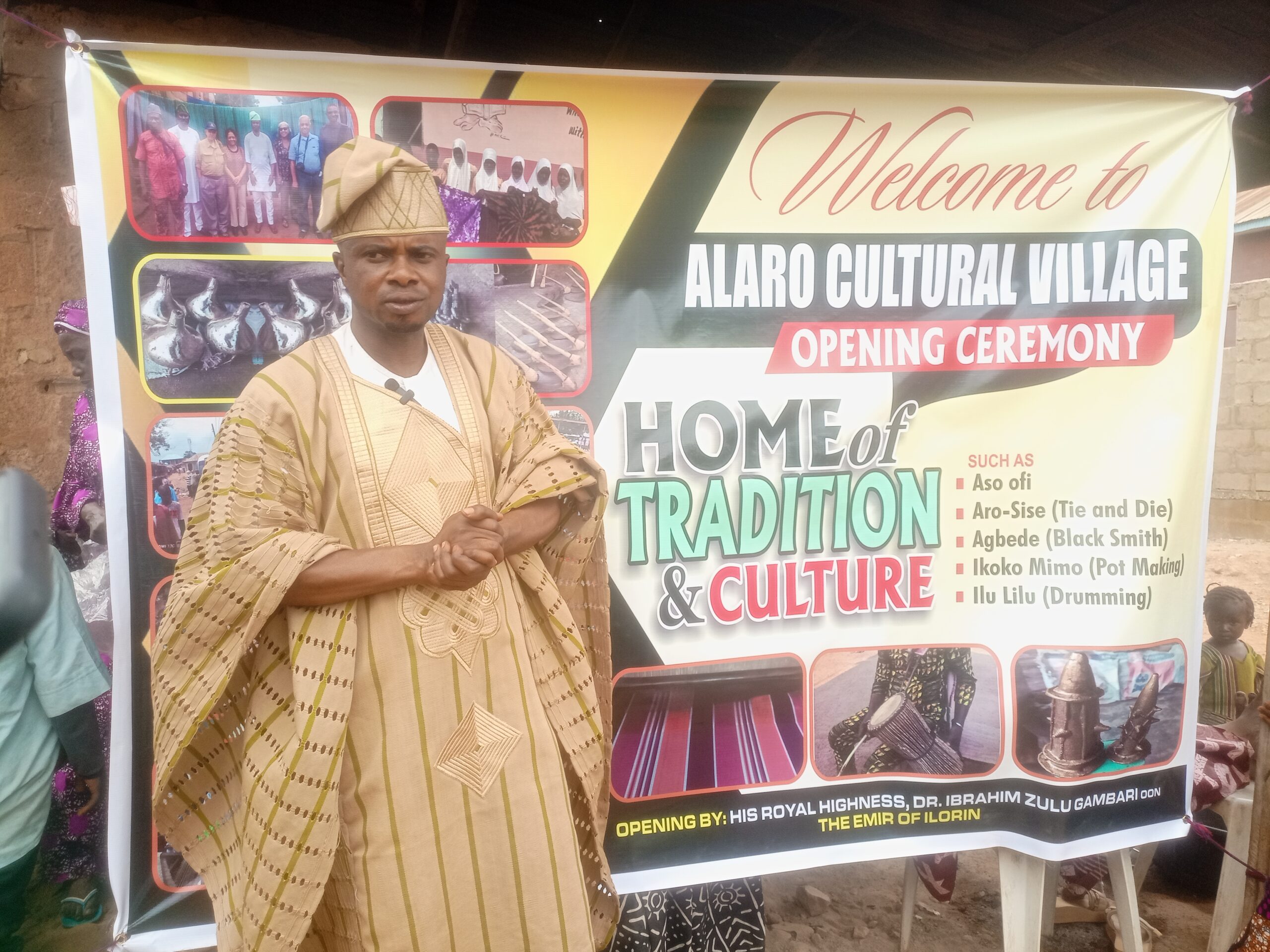
You Go to School to Be Educated, Not to Be a Job Seeker
You go to school to be educated, not to be a job seeker. The purpose of education is often misunderstood. Many people believe that the sole purpose of going to school is to get a job. However, this perspective is limiting and narrow-minded. Education is about building yourself, gaining knowledge, and developing skills that will benefit you throughout your life.
Building yourself, not just a certificate
When you focus solely on getting a certificate or degree, you miss out on the opportunity to truly learn and grow. Education is not just about passing exams or getting good grades; it’s about developing critical thinking, problem-solving, and communication skills. By focusing on building yourself, you’ll gain a deeper understanding of the world and develop a sense of purpose. You’ll learn to think creatively, approach problems from different angles, and develop a growth mindset.
The benefits of a holistic education
A holistic education that focuses on building yourself has numerous benefits. You’ll:
- Develop a love for learning that will stay with you throughout your life
- Gain a deeper understanding of the world and your place in it
- Develop critical thinking and problem-solving skills
- Improve your communication and collaboration skills
- Become a more well-rounded and informed individual
There is nothing bad if you get employment – that means you’re lucky. But still, it doesn’t stop you from discovering yourself. Let your employer know the value you can bring to your role. Your education and skills can benefit your workplace in many ways, and it’s essential to showcase your abilities and contribute to the organization’s growth.
It’s better to be employed based on your skills than your certificate. Skills are what set you apart and make you valuable in the workplace. While a certificate can get you in the door, it’s your skills and abilities that will keep you there and help you grow.
Conclusion
You go to school to be educated, not to be a job seeker. By focusing on building yourself and gaining knowledge, you’ll set yourself up for success in all areas of life. Don’t just focus on getting a certificate; focus on developing the skills and knowledge that will benefit you for years to come.
Adding specific examples or anecdotes could enhance the post. Some ideas include:
- Sharing personal experiences of how a holistic education benefited you
- Highlighting successful individuals who attribute their success to a well-rounded education
- Providing examples of innovative schools or programs that prioritize holistic education
- Discussing the long-term benefits of a holistic education in various fields, such as business, art, or science?





































































